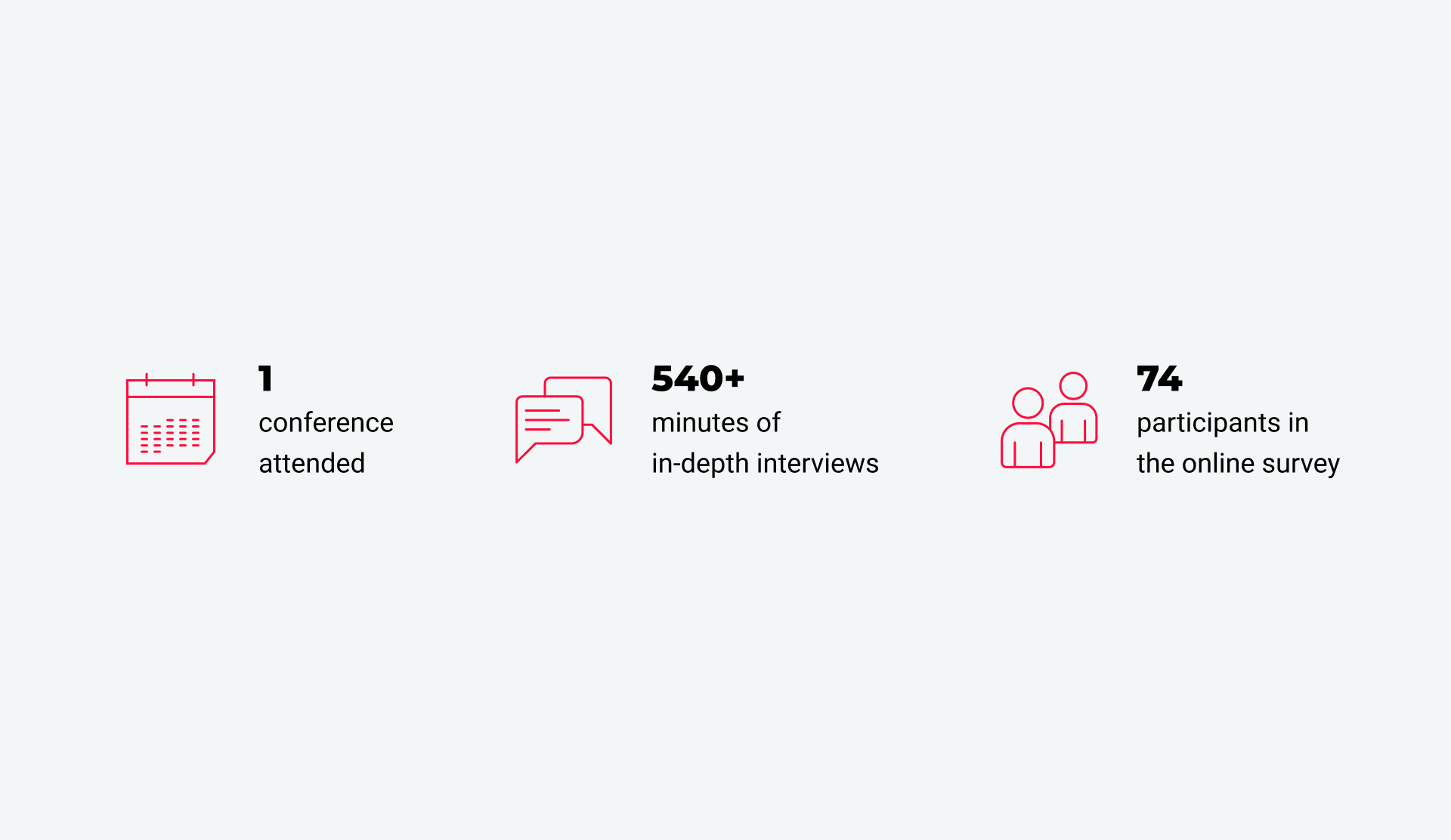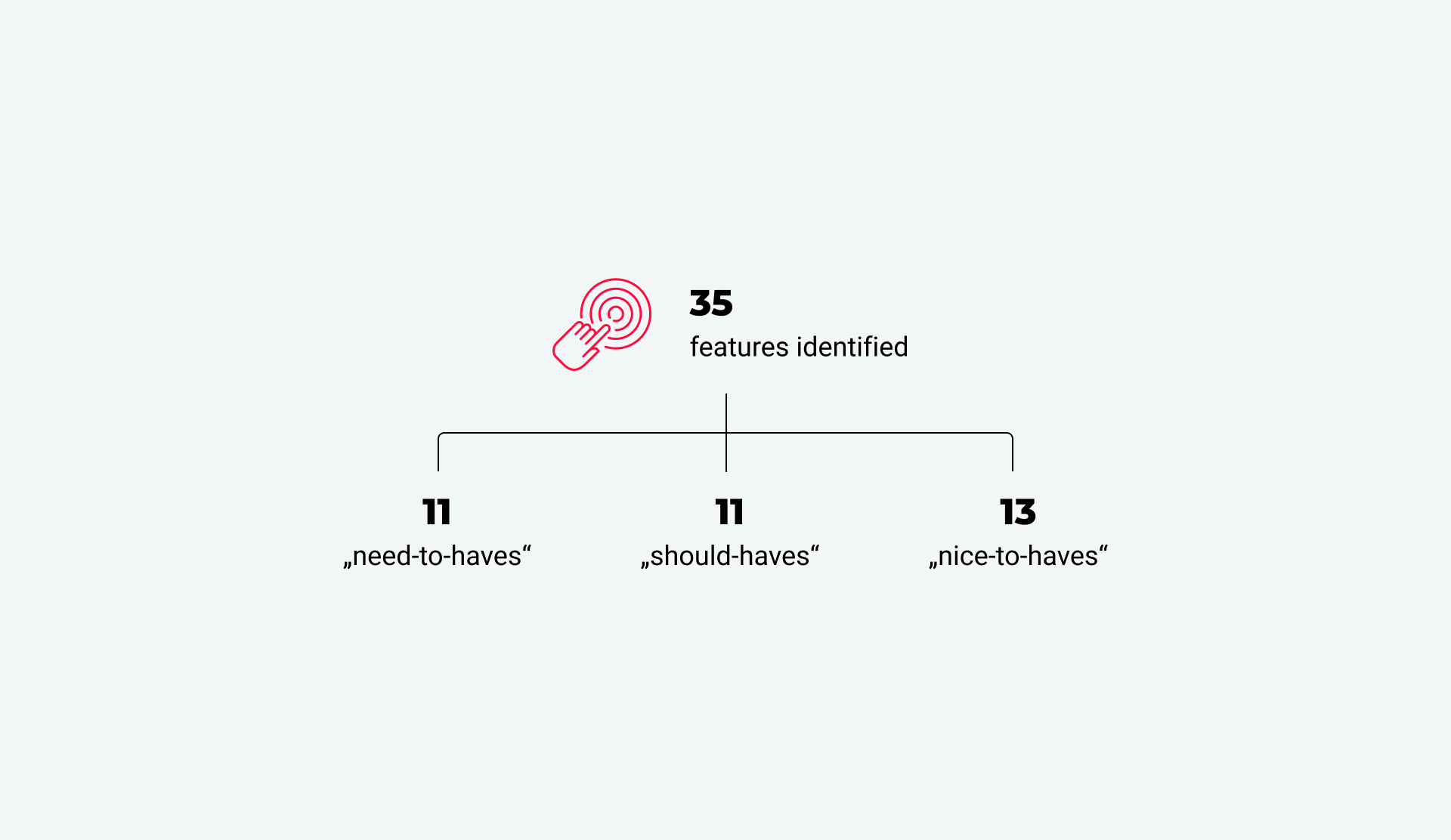When Research Sets the Course: Knowledge Platform for Tourism SH
First picture: ©SH-Tourism / Jan Konitzki.

Focus on research
Six principles for a future-proof platform

Implementation concept: prioritized features and structure
Outlook: The future of the knowledge platform in Schleswig-Holstein tourism
A future-oriented platform that combines information, networking and practical relevance strengthens the cooperation and collaboration of tourism stakeholders in Schleswig-Holstein.

